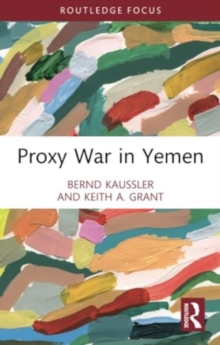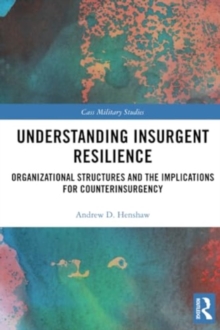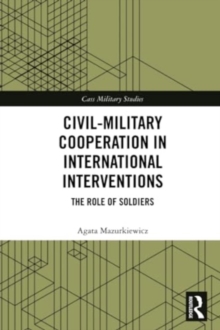
Military Families and War in the 21st Century : Comparative perspectives EPUB
Edited by Rene Moelker, Manon Andres, Gary Bowen, Philippe Manigart
Part of the Cass Military Studies series
EPUB
Description
This book focuses on the key issues that affect military families when soldiers are deployed overseas, focusing on the support given to military personnel and families before, during and after missions.
Today’s postmodern armies are expected to provide social-psychological support both to their personnel in military operations abroad and to their families at home. Since the end of the Cold War and even more so after 9/11, separations between military personnel and their families have become more frequent as there has been a multitude of missions carried out by multinational task forces all over the world. The book focuses on three central questions affecting military families. First, how do changing missions and tasks of the military affect soldiers and families? Second, what is the effect of deployments on the ones left behind? Third, what is the national structure of family support systems and its evolution?
The book employs a multidisciplinary approach, with contributions from psychology, sociology, history, anthropology and others. In addition, it covers all the services, Army, Navy/Marines, Air Force, spanning a wide range of countries, including UK, USA, Belgium, Turkey, Australia and Japan. At the same time it takes a multitude of perspectives such as the theoretical, empirical, reflective, life events (narrative) approach, national and the global, and uses approaches from different disciplines and perspectives, combining them to produce a volume that enhances our knowledge and understanding of military families.
This book will be of much interest to students of military studies, sociology, war and conflict studies and IR/political science in general.
Information
-
Download - Immediately Available
- Format:EPUB
- Pages:348 pages
- Publisher:Taylor and Francis
- Publication Date:14/05/2015
- Category:
- ISBN:9781135952051
Information
-
Download - Immediately Available
- Format:EPUB
- Pages:348 pages
- Publisher:Taylor and Francis
- Publication Date:14/05/2015
- Category:
- ISBN:9781135952051










